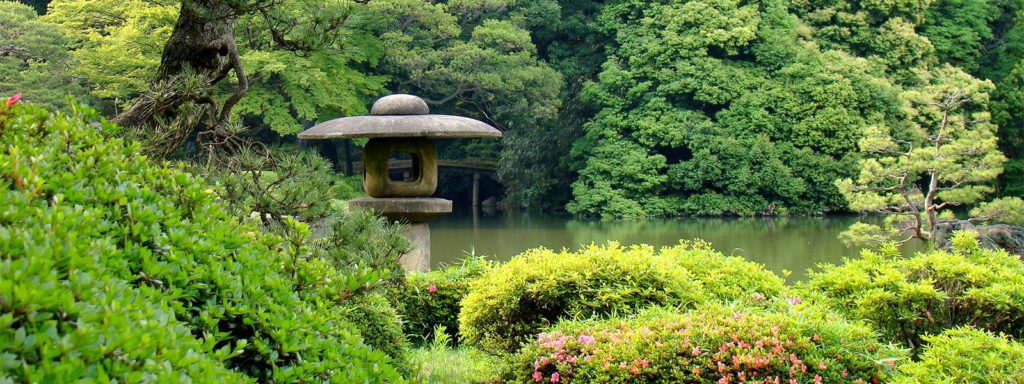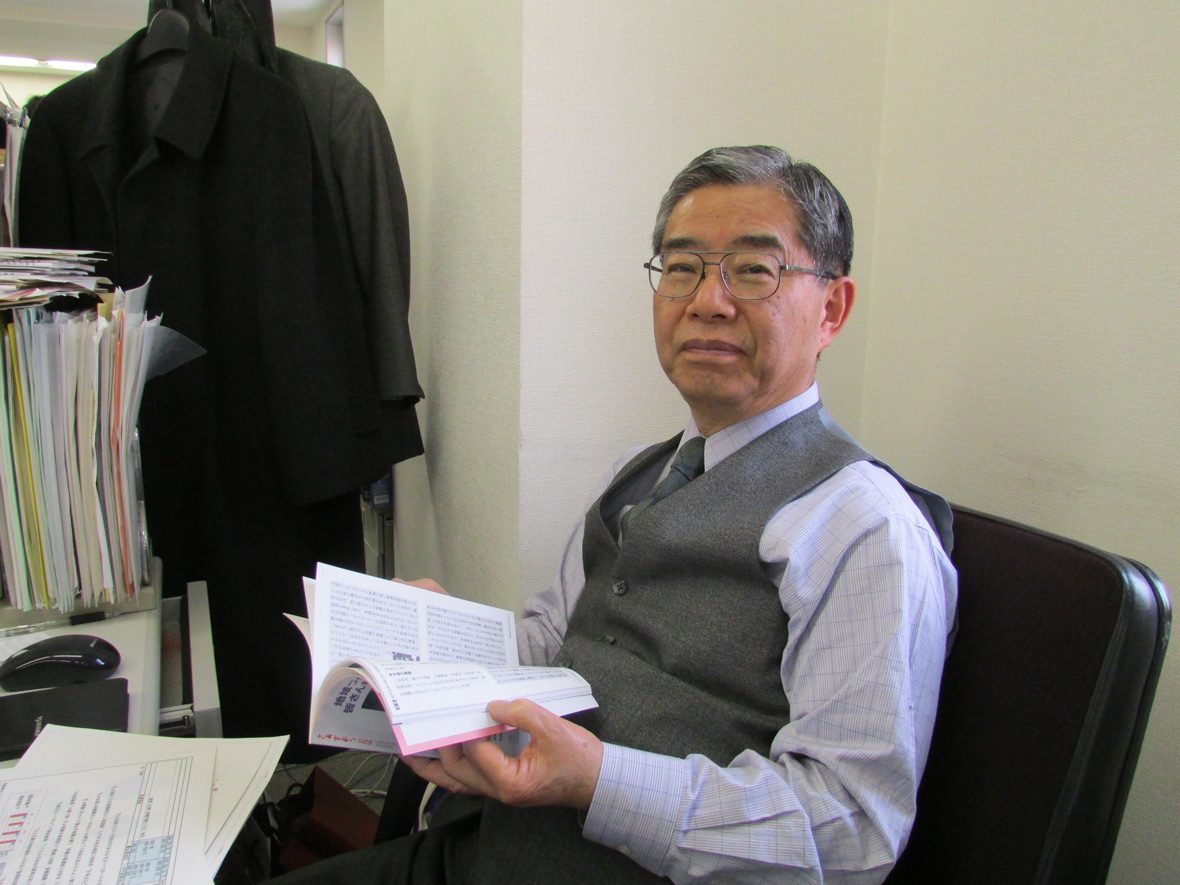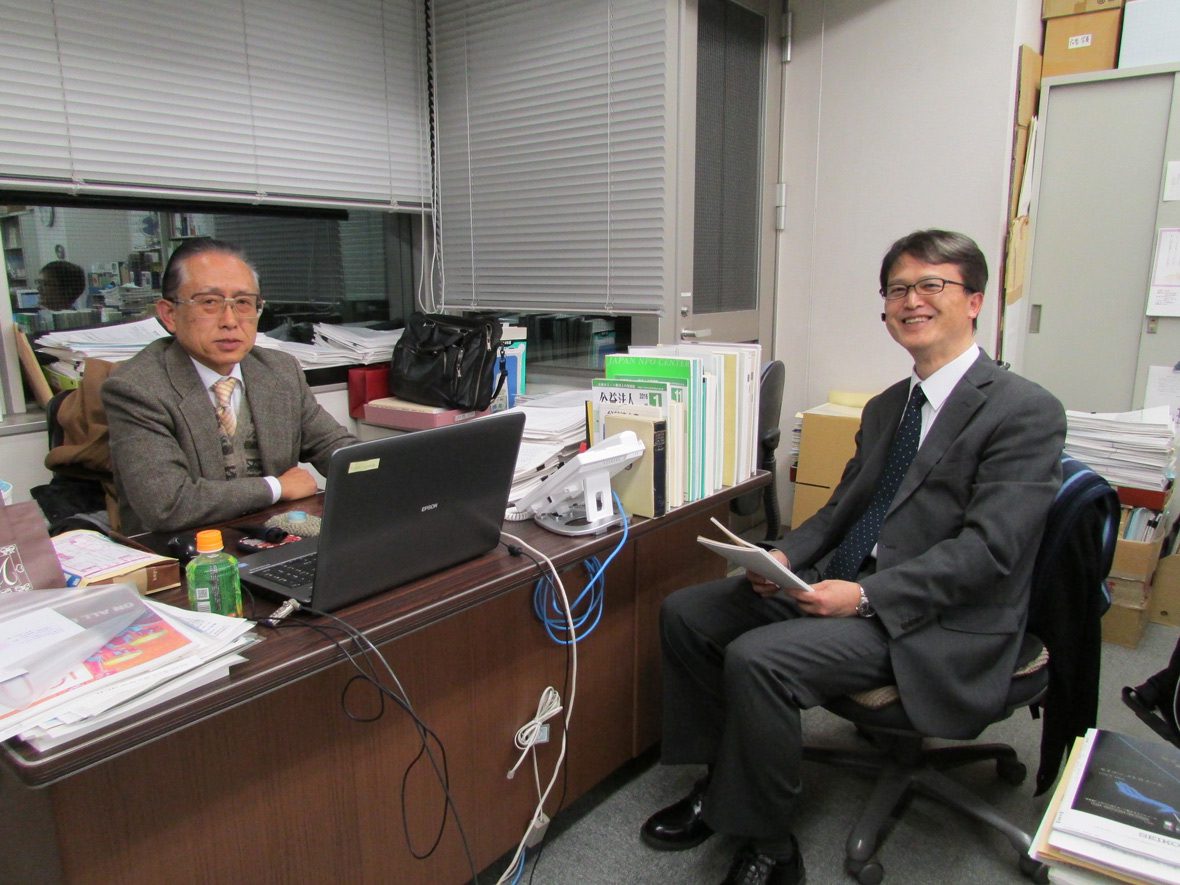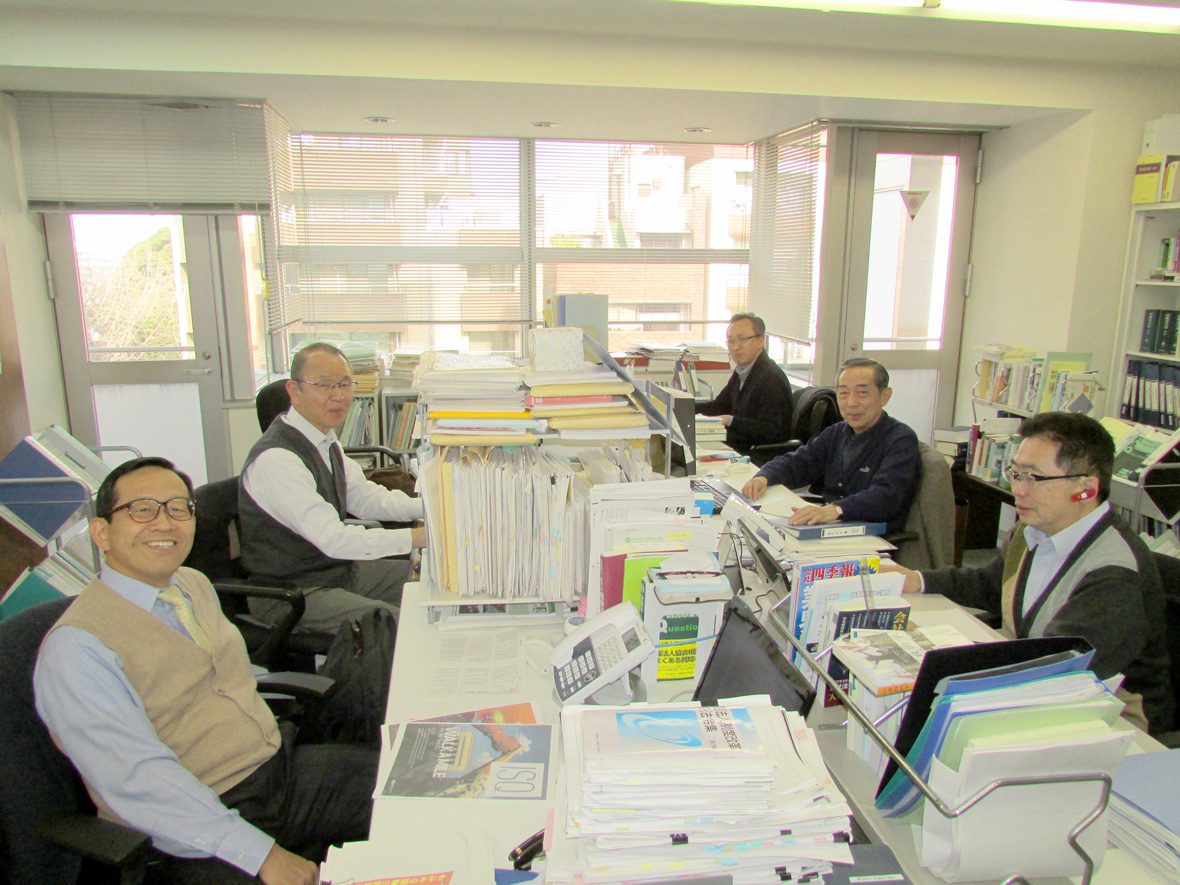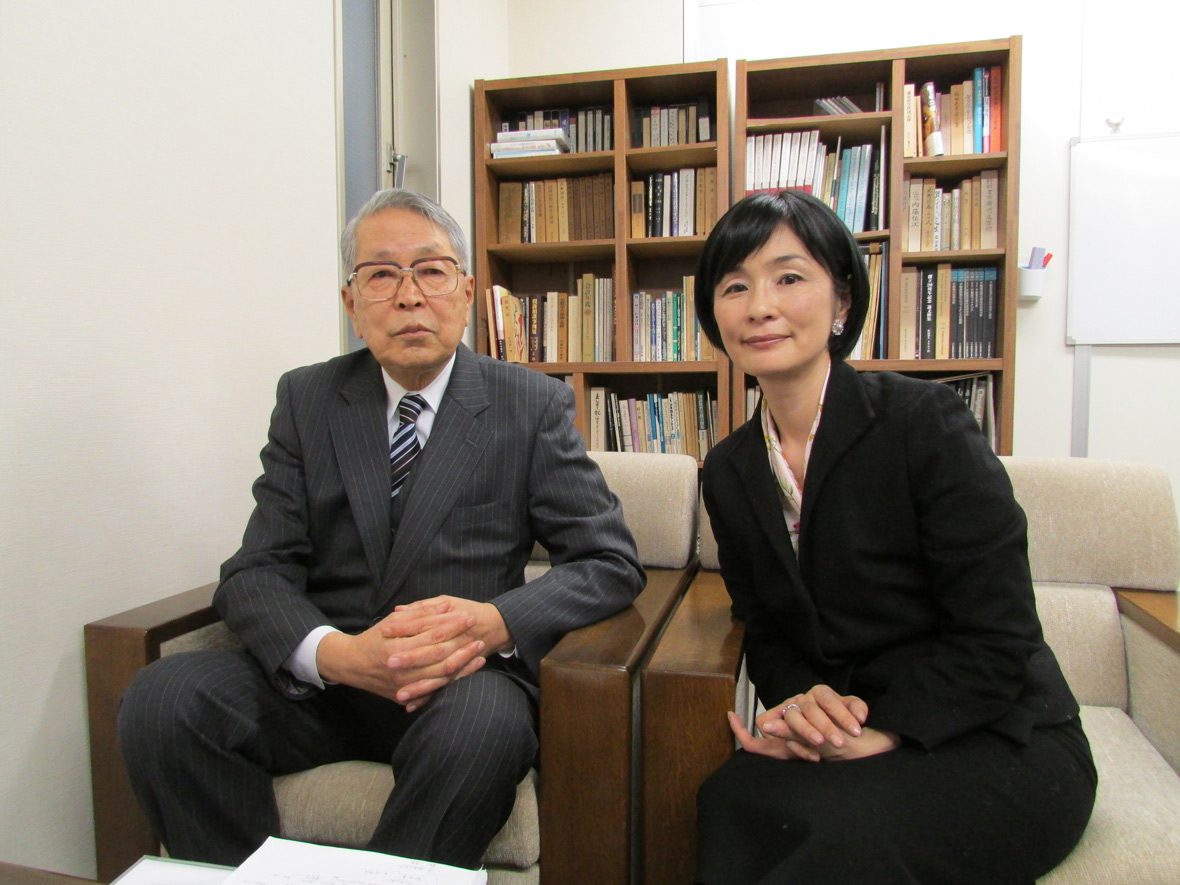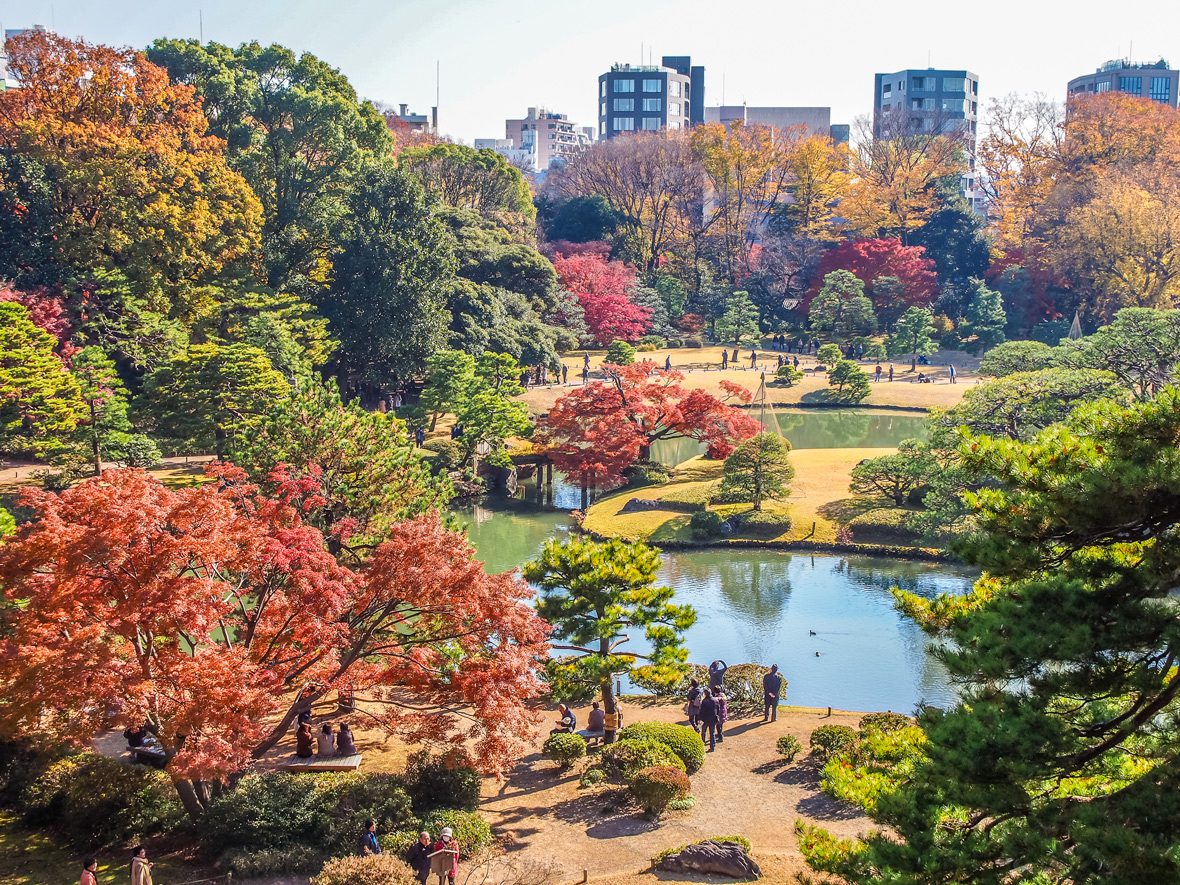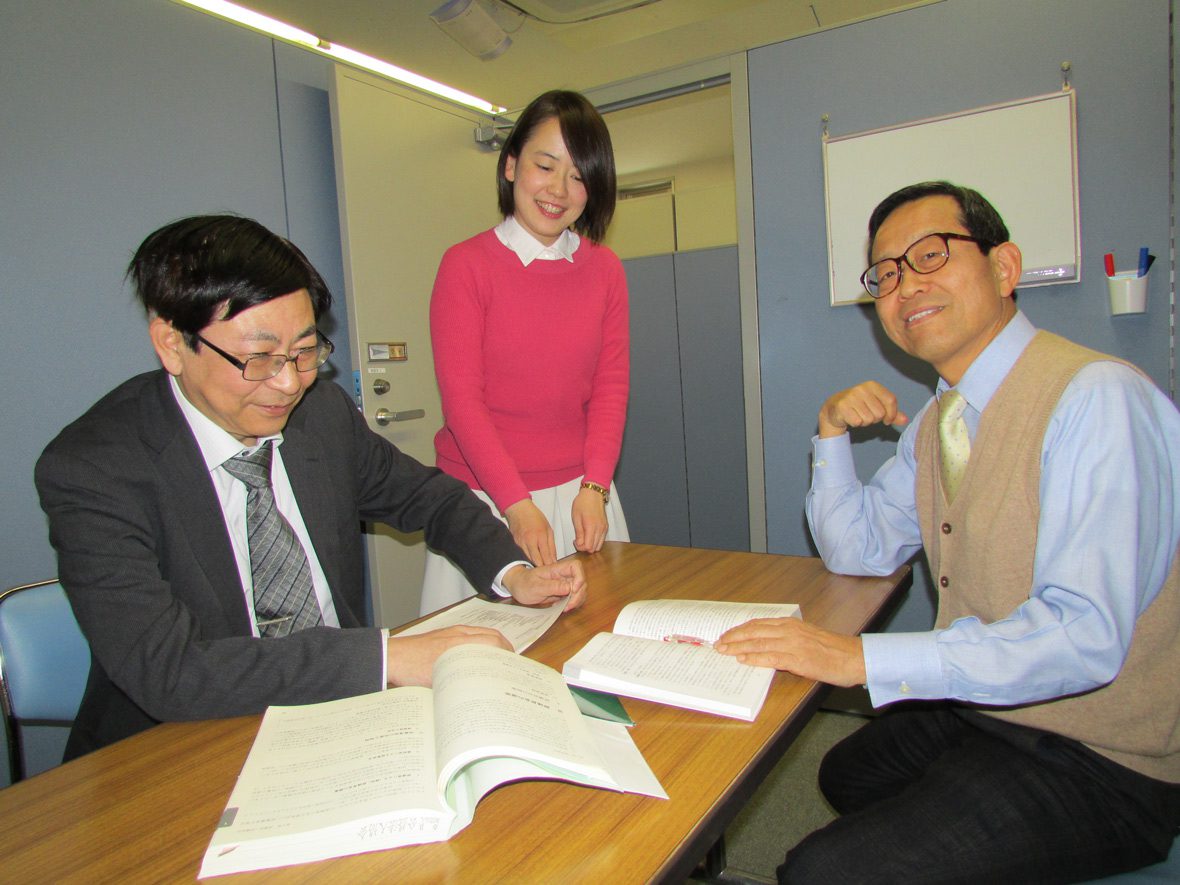By Nadine Jalandoni
Through the eyes of Yoshiharu Shiraishi, research associate
In 2007, Independent Sector conducted the first of two International Peer Learning activities, bringing together leaders from IS-like organizations from other parts of the world to meet, discuss, problem solve on shared challenges and learn from each other’s experiences. The Japan Association of Charitable Organizations was one of nine NGOs who participated in that event, represented by their president, Tatsuo Ohta. Since then, JACO has been a valued member of IS, periodically bringing civil society leaders from Japan to meet with their U.S. counterparts in special meetings and at the IS conference. Both organizations prize the exchange of knowledge and experiences between east and west as both organizations work towards the shared goal of serving as a voice for the charitable sector in Japan and the U.S.
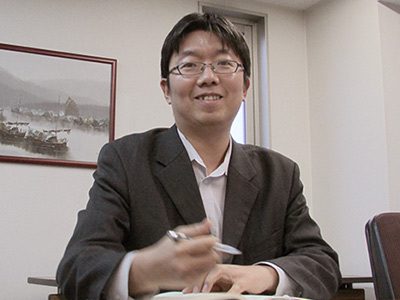
Yoshiharu Shiraishi, research associate, Japan Association of Charitable Organizations
Welcome to the Japan Association of Charitable Organizations!
Our office building is situated near a beautiful garden known as Rikugi-en Park, an oasis of Komagome district, about 20 minutes north of Tokyo station by JR Yamanote line. Close your eyes and imagine you are standing by the park’s pond. Listen closely: you can hear the breeze rustling the leaves in the trees. Komagome district is also an area of historical heritage, dotted by many ancient temples. You can hike, enjoy nature and history, and refresh yourself. A short walk from Rikugi-en Park, you are standing before a modern ten-story building. JACO rents the 7th through the 10th floors. Your office tour starts at the reception desk on the 7th floor and I, Yoshiharu Shiraishi, am pleased to introduce you to our organization, our people, and their roles.
Established in 1972, JACO is a registered charity which gives voice and support to civil society. It is the largest national umbrella body in Japan’s Public Interest Corporation (PIC) sector with 1,550 members. We fulfill our mission by undertaking a wide variety of activities in relation to a diverse range of civil society organizations. We not only provide services to CSOs for their sustainable operation but also work to create a better enabling environment for CSOs by researching the charitable sector in Japan and abroad and advocating with policymakers based on the findings of our research projects. Independent Sector and JACO share the same vision for the future, and as an IS member we support IS’ activities toward a better world. Now back to the reception area.
February 12, 1:45 p.m.
JACO’s counseling center is located near the front desk. The center plays an important role in advising Public Interest Corporations (PICs) and General Nonprofit Corporations (GNCs) on their sustainable operation and capacity building. The number of foreign visitors to our office is increasing and most seek advice on how to establish nonprofit organizations in Japan. Mr. Hoshida, pictured here, assisted the IS member US-Japan Council to establish a PIC in Tokyo four years ago. This particular afternoon, seven advisors are responding to inquiries from civil society organizations through face-to-face meetings or by telephone.
2:20 p.m.
The Department of Operations is on the 8th floor. It deals with a number of important functions, including training services, advocacy campaigns, publications, the operation of disclosure systems, and information technology. This department strengthens civil society in Japan in three ways: by
- Providing sector information through our website, monthly magazines, and other publications;
- Building their capacities by hosting training courses and forums; and
- Advocating with policymakers, including national government and congressional representatives to create a better enabling environment for CSOs.
Here you see the top leaders of the Department of Operations, executive director, Mr. Kanazawa, and deputy secretary-general, Mr. Naganuma, talking about budget matters.
The Department of Research located on the 8th floor conducts research on issues related to civil society. This research informs our advocacy campaigns. When PIC legal reform was enacted in 2008, most of the cases we brought to the attention of policymakers were reflected in the new law. This department also initiates international exchanges such as exchanging Memoranda of Understanding with 32 foreign partners and running joint programs; leading several international networks including CIVICUS-Affinity Group of National Associations; and operating information centers in the U.K. and U.S. to introduce Japanese civil society. The department’s executive director, Mr. Suzuki, is reading “Charities in the U.K.” which was published by JACO.
2:45 p.m.
The office of our president and CEO, Mr. Tatsuo Ohta, is located on the 9th floor. He is one of the most influential leaders in Japanese civil society. Before joining JACO in 2000, he was a senior executive at The Fuji Trust & Banking Company Ltd. and The Mitsui Trust & Banking Company Ltd. Here he is having a conversation with Ms. Tanaka, a chair of Japan NPO Research Association, about several important issues.
3:00 p.m.
On the 10th floor, top leaders of executive office are having a meeting on a project master plan for the next fiscal year.
Civil Society Organizations (CSOs) in Japan
CSOs in Japan are broadly-divided into more than 10 different legal entities including public interest corporations, specified nonprofit corporations, and social welfare corporations, and each of them is regulated by different laws. The number of registered CSOs is more than 350,000 and their contribution to GDP is approx. 23.8 trillion yen (approx. 210 million USD), 4.8 percent of Japan’s Gross Domestic Product as of 2004. Most CSOs are funded by individuals although some foundations are funded by companies and a few nonprofits receive funding from the government. The number of nonprofit employees is approx. 4.9 million, 7.3 percent of the total workforce in Japan.
Organizations can obtain General Nonprofit Corporation status by enrolling at a registry office if they meet requirements mandated by GNC Law. GNCs can apply for the Public Interest Corporation status at the independent regulator called the Public Interest Commission for an enhanced tax benefit. PICs cannot share their revenue with shareholders or members, and more than 50 percent of their revenue must be used for charitable activities. Donors to PICs can choose either a tax deduction, i.e., a “deduction from income,” or a tax credit, i.e., a “deduction from income tax.” There is no tax on revenue from business activities if it is related to their charitable activities.
About the author
I was born in Brazil, and grew up in Japan and Canada. My interest was urban geography and vegetation science when I was a graduate student at Kanazawa University, but I changed the direction of my career to the civil society due to my work experience at the Center for Regional Collaboration at Kanazawa University.
My role at JACO is to organize and initiate research projects, turning the results of our study into nonprofit policy in Japan by advocating with the national government. International exchange is also an important role. We are participating in three major international alliances on behalf of Japanese nonprofit sector. We also have signed partnership agreements with 32 national umbrella organizations across the world so that we may learn and grow together.
